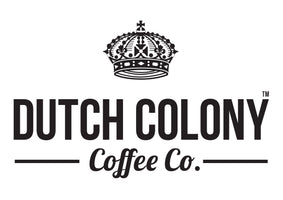What is Specialty Coffee: Commercial vs Specialty Coffee
In Dutch Colony, we only source, buy and roast specialty coffees. We put all the efforts to let the consumer knows what exactly they are drinking, where the beans come from and putting all these details to be as informative as possible on the bag packaging. Every single origins we buy are meticulously profiled on the roasting machine, every roast is discussed extensively on the cupping table and if anything doesn't goes our way, we go back to the drawing table and restart everything all over again. Simply put, we do not sell something that we do not drink ourselves!

"So what is Special about Specialty Coffee?" A question that many junior barista(s) considers coming from hell but the much senior ones or coffee roasters will be singing lyrics around the person asking.
Let us demystify the meaning of the two from a coffee perspective:
Commercial Coffee - Is a definition used to define coffee in the Commodity Market, also known as the “C-Market”. In this market, commodity coffee is often traded on international stock exchanges. They are usually purchased and roasted by national brands and supply in bulk. On the cupping table, these coffees are usually scored below 75 points although some coffee purist will probably tells you that any coffees under 80 are commercial grade.
Specialty Coffee - Is the opposite of commercial coffee and very big on QUALITY (Yes! Big caps). Consumers are willing to pay a premium price for these coffees which are usually grown in unique microclimates and have a distinct and unique flavour profiles. They are mostly of fine Arabica grade (although Specialty Robusta is fast becoming a thing, a topic for another blog perhaps!) and on the cupping table, tasters rate them high on the acidity, sweetness, cup cleanliness, uniformity and aftertaste, amongst a few other scoring protocol. These coffees are usually scored between a high 80 to 100 points.
What we served and buying tips:
In Dutch Colony, we only source, buy and roast specialty coffees. We put all the efforts to let the consumer knows what exactly they are drinking, where the beans come from and putting all these details to be as informative as possible on the bag packaging. Every single origins we buy are meticulously profiled on the roasting machine, every roast is discussed extensively on the cupping table and if anything doesn't goes our way, we go back to the drawing table and restart everything all over again. Simply put, we do not sell something that we do not drink ourselves!

When you see and taste something you like on our shelves our in our bar, make sure to buy a bag or two and/or have them as often as you like it in the bar. Specialty coffees are not known to be available in abundance, as they are produced in smaller yields. With specialty coffee roasters also notorious in wanting a wider selections of coffee at any time, so more choices for the discerning bud of the ever-growing consumer palate, this also means for a particular coffee, only less than 600kg greens or around 500kg of roasted coffees are available for tasting or purchase. Consumer do not usually see the same coffee again after three to four months although similar taste profile coffees will surfaced in the future.
Specialty coffee are special not only attributed to the quality and good flavours but the transparency of the entire crop to cup chain, with the involvement of hundreds of passionate coffee professional along the way who wants to do things right. This alone is a single factor which should make you smile after every sip.

To know more about this endless information on specialty coffee, sign up for our monthly free public coffee cupping or you can also enrol in one of our many Katalyst Coffee Academy training programs.

